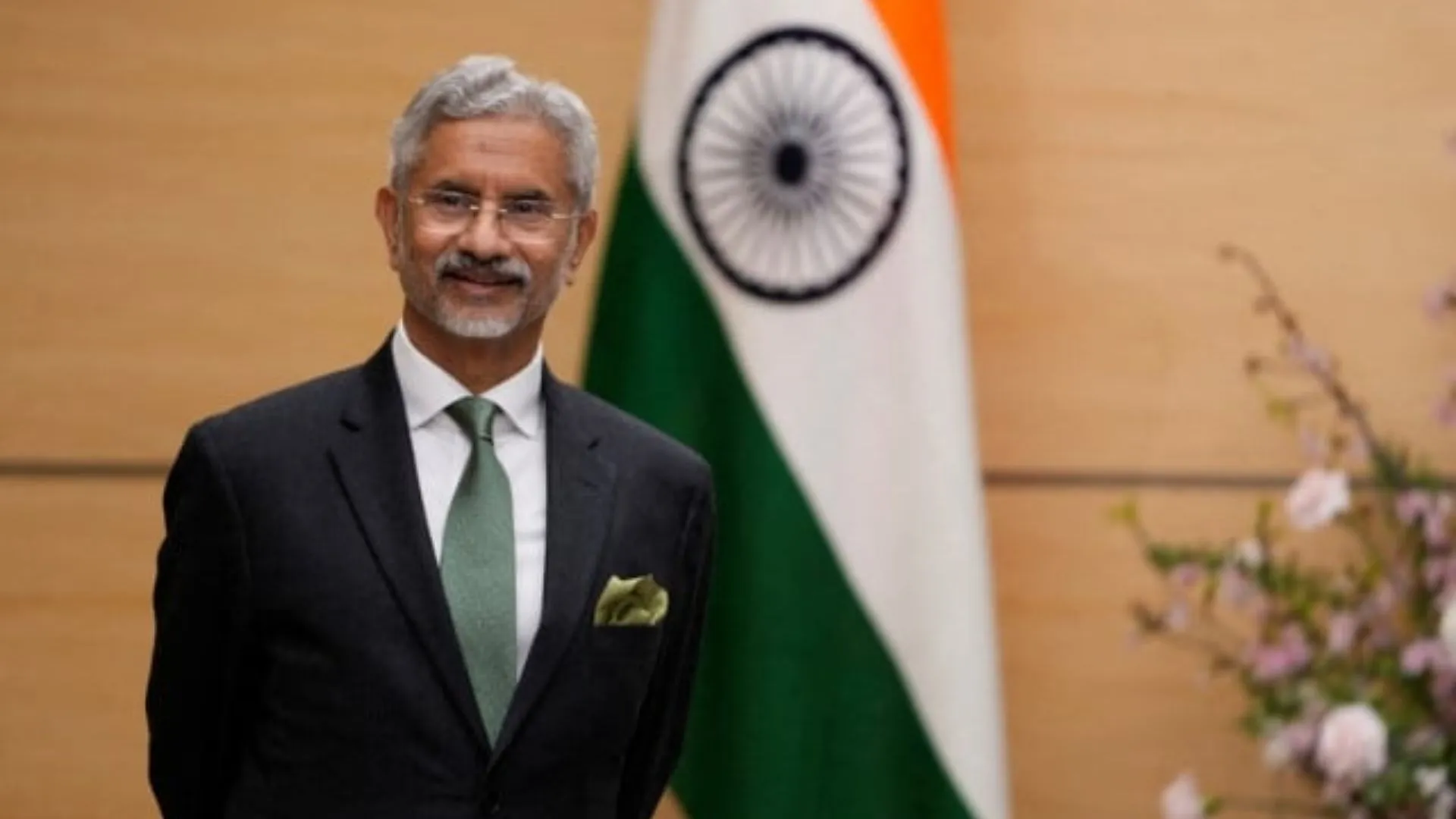Shafi Burfat, the Chairman of Jeay Sindh Muttahida Mahaz, commonly referred to as the Sindhudesh National Movement (SNM), in a recent letter to UN Secretary-General Antonio Guterres, urged that the United Nations and the international community take immediate and effective action to liberate Sindhis, Balochis, Pashtuns, and Seraikis communities from Pakistani occupation.
Burfat, a representative of the Pro-freedom Sindhi organisation, said, “This unnatural state exemplifies the subjugation of historic nations under Punjabi imperialism (referring to the Punjab province) and military dominance, leading to their occupation, imprisonment, and enslavement. Since its inception, various historic nations such as Sindhis, Balochs, Pashtuns, and Seraikis have suffered under Punjabi imperialism. These nations have been subjected to political oppression, economic exploitation, and cultural erasure. The ruling elite, dominated by Punjabi interests and the military establishment, has systematically marginalised these Historic nations.”
While criticising the policies made by the Pakistani administration, Burfat highlighted that Pakistan had fostered an environment in which both terrorism and extremism have prospered.
According to Burfat, “Pakistan’s state policies, driven by religion and fundamentalism, have fostered an environment where extremism and terrorism thrive. These policies have led to internal strife and instability, adversely affecting not only the historic nations within Pakistan but also its neighbouring countries and the global community. The state’s use of religion as a political tool has exacerbated sectarian divisions and fueled militant extremism, creating a breeding ground for terrorist activities.”
Furthermore, the suppression of national identities, languages, histories, and cultural heritage has led to widespread discontent and resistance among these communities. Movements for National Freedom have been met with brutal military crackdowns, human rights abuses, and enforced disappearances. The international community cannot ignore the plight of these oppressed, whose voices have been systematically silenced by the Pakistani state, Burfat’s statement mentioned.
While calling upon the United Nations, the SNM chairman stated, “It is the duty of the United Nations and the international community to take immediate and effective action to liberate these historic nations from theocratic Pakistani occupation. This will not only restore their freedom and rights but also contribute significantly to global peace and stability. The international community must hold Pakistan accountable for its oppressive policies and support the legitimate aspirations of Sindhis, Balochs, Pashtuns, and Seraikis for National independence”.
Calling it essential for the stability of the region surrounding Pakistan, Burfat mentioned that the injustices faced by these historic communities must be addressed.
“The liberation of these nations from the clutches of Punjabi imperialism and military dominance is a moral imperative that the global community must urgently pursue. We also want to inform the United Nations and the international community that the Sindhi, Baloch, Pashtun, and Seraiki nations have been imprisoned and enslaved within the unnatural state of Pakistan. The Punjabi-dominated military and political elite have systematically subjugated these historic nations, denying them their rights and freedoms,” said Burfat.
In Sindh, the rich history, language, and culture have been distorted and violated. The Sindhis, have their own unique cultural heritage and historical identity. In Pakistan, there are conspiracies underway aimed at eradicating the language, history, culture, and humanistic Sufi traditions of the Sindhi Nation, as mentioned in his statement.
Furthermore, he also highlighted that in Pakistan, the existence of imprisoned and enslaved historical ethnic groups, along with the rights of religious minorities and the political freedoms of the media, face severe threats. Unless Pakistan frees other nations from slavery as Bangladesh did, this coercion and barbarism will not end against historical ethnic groups, human rights, and religious minorities.
He also added that the state imposes heavy restrictions on Sindhi political parties and secular movements that seek to challenge the Unnatural state of Pakistan and advocate for the freedom of nations. These restrictions often include banning rallies, censoring media coverage, and harassing party members. In stark contrast, extremist and terrorist organisations are often allowed to operate with impunity. These groups receive full support and patronage from the state, further destabilising the region and promoting a culture of violence and intolerance.
Meanwhile, several political leaders of various national movements, including prominent figures like Shaheed Mir Muzaffar Bhutto, Sirai Qurban Khuhawar, Roplo Choliani, Noorullah Tunio, Afzal Panhwar, Zulfikar Kolachi, Munirkhan Choliyani, and Shaheed Bashir Qureshi, have been brutally murdered in recent years with impunity by ISI.
Economic exploitation in Sindh is another grave issue. Despite being rich in natural resources, including gas, coal, and oil, the region suffers from stark underdevelopment and poverty. The wealth generated from Sindh’s resources is disproportionately distributed, benefiting the central authorities and elite classes while the local population languishes in poverty.
Political coercion, economic exploitation, the worst form of slavery, helplessness, and humiliation are evidence and examples. It proves that in Pakistan, the Sindhi nation has been made a victim not only of state fascism but also of economic terrorism.
ALSO READ: Former Prime Minister Imran Khan’s Plea For Weekly WhatsApp Calls With Sons Rejected By Court
(Apart from the headline, this story remains unaltered by the NewsX editorial team and has been shared directly from a syndicated source)


















